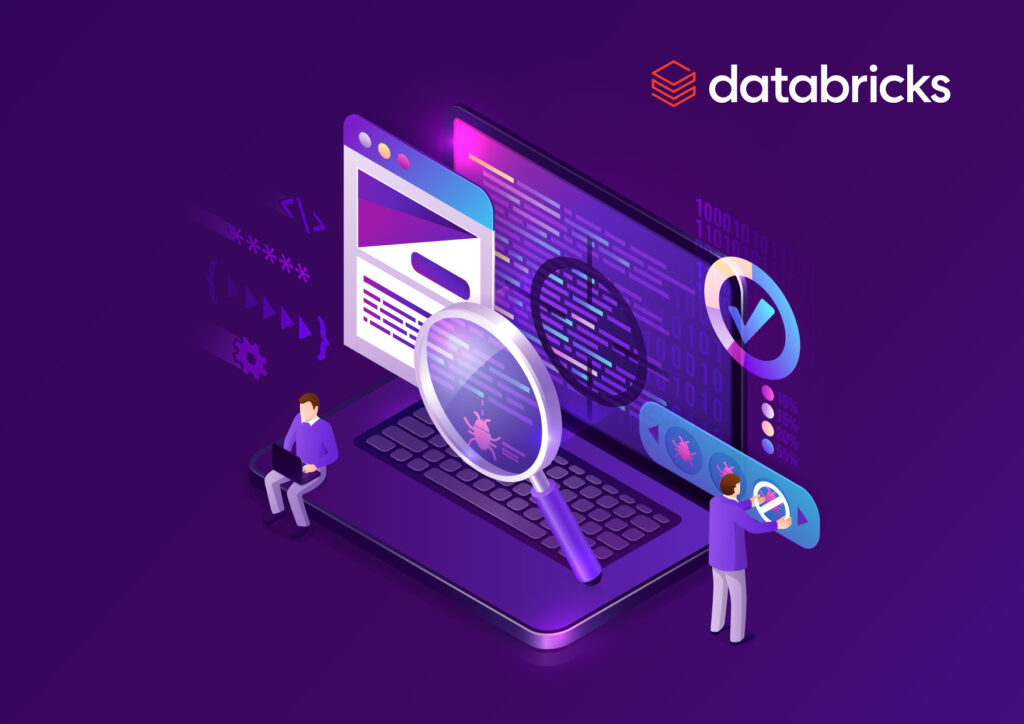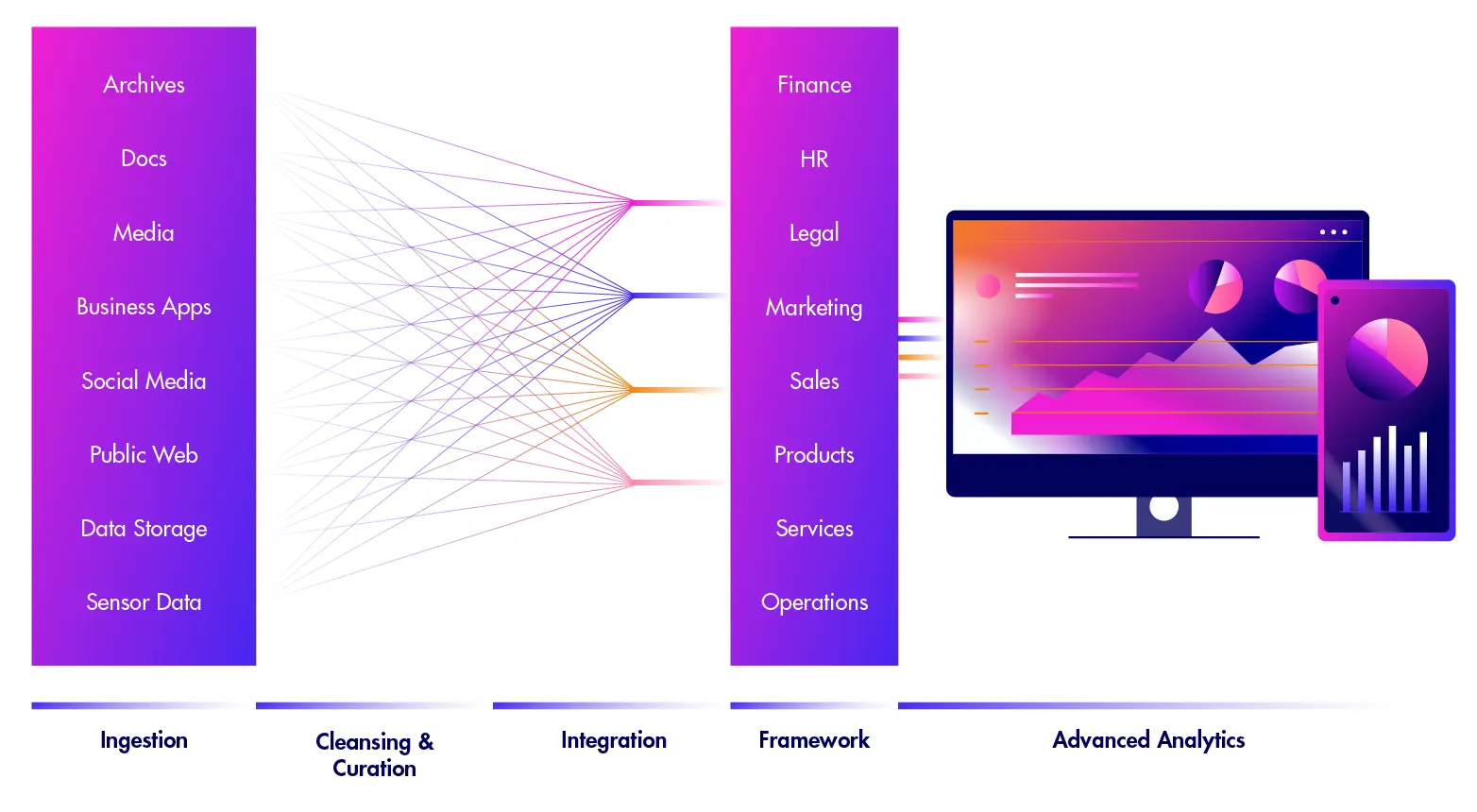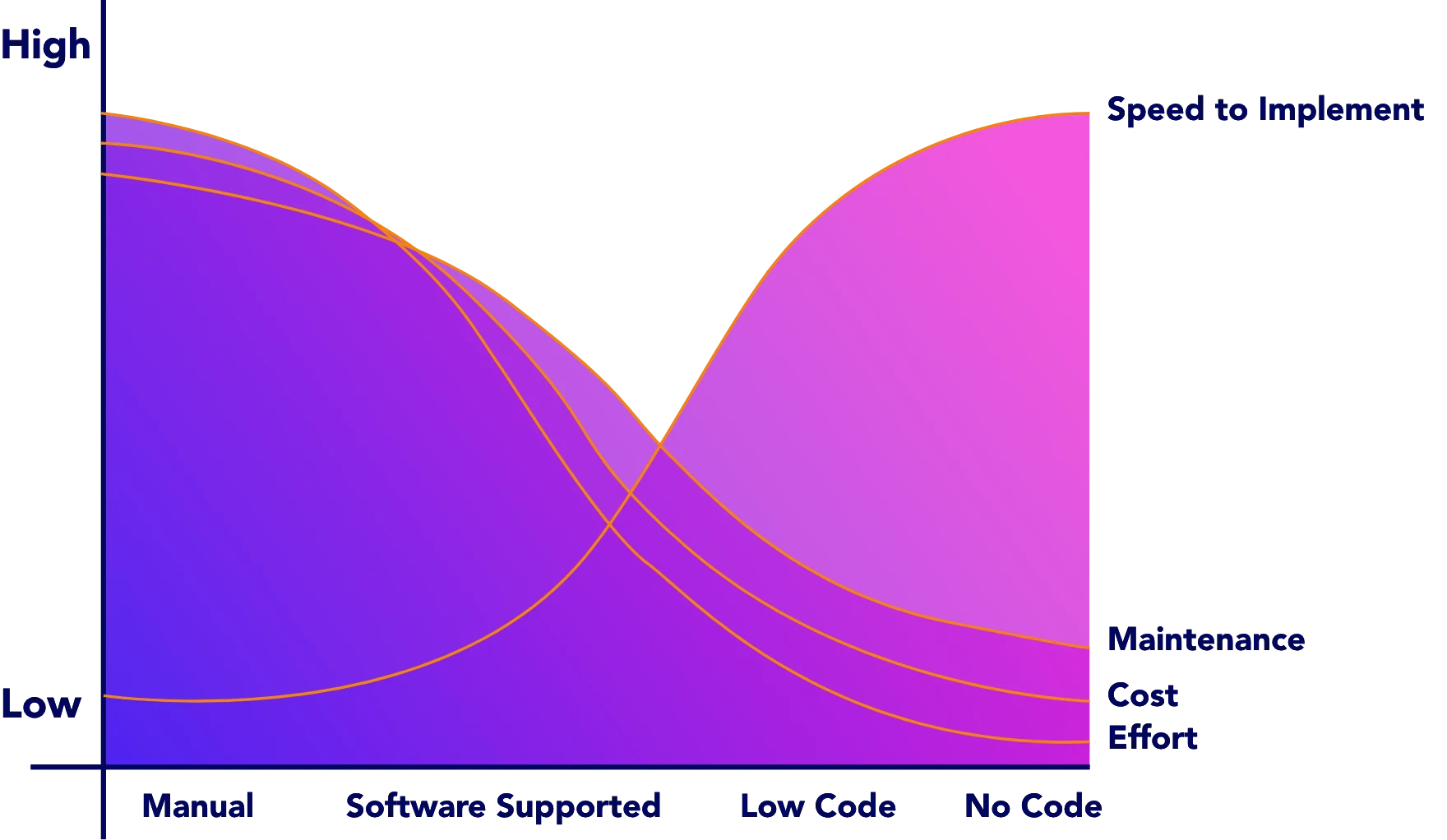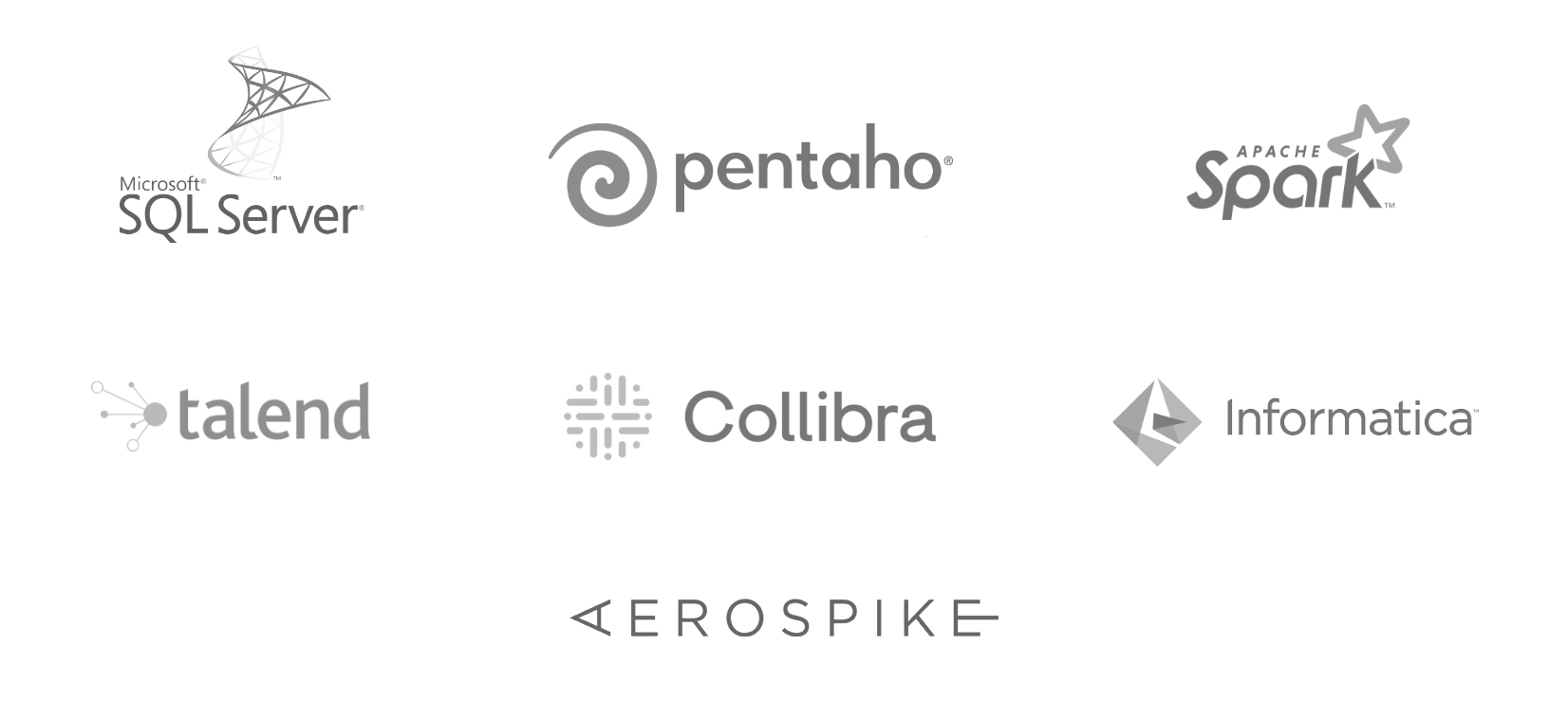


Manage your Data like cash – invest wisely. Grow its value.
Is data an asset, or a wasted opportunity in your organization?
66% of respondents to our online survey this year said their companies were data-driven and data was their “lifeblood”. Yet, only 21% of them treated data as an asset.
What ails your data strategy?
Prepare your enterprise for the digital era with high-quality data that is available in the right format to the right people at the right time!
Automate to improve data quality, accelerate to real-time, and increase capacity.
Traditional approaches to Data Engineering are insufficient. Data comes from many sources and crosses many functions within an organization. It is important to have an appropriate framework that provides the business guidance needed to make complex relationships functional and useful.

To address the volume and growth of data we recommend using automation to prepare data as part of regular operations:
You may already have integration solutions in place. It also may be a bottleneck. There are low code/no code solutions that can reduce costs and speed integration. These solutions are 40% – 60% cheaper than software supported approaches.

Poor Data Governance has been the cause of many failed initiatives. Ask yourself:
If your answer is Yes, then it’s high time you adopted an effective Data Governance strategy.
Not sure how to get started? proSkale can help! We are the pro, remember?
We tailor our offerings to help you:
Right Data Governance solutions at the right time are our charm. Tell us what you need and we’ll make it happen!
Do you trust the quality of your data? Low-quality data is worse than no data because poor quality means you can’t trust your data. And if you can’t trust your data, can you trust the decisions you make with it? It leads to wasted efforts, regulatory fines, or reputation loss.
When SKALED UP data is an economic asset, you can monetize it to:
proSkale shows organizations how to view data quality as a value driver. ProSkale helps you enhance data quality to make financially robust decisions now, and in the future.
Are you managing your data or is your data managing you?
Are these friction points in your data supply chain:
Is your data available at a ‘point in time’ rather than in real-time, limiting its usefulness in agile decision-making? If yes, then your data is managing you!
proSkale is capable of setting up an effective data “self-service model”, such that all your consumers get access to the right data to support their decision-making.
With our data management offerings, you can:
Ask us how you can start managing your data better. Take the first step to leveraging this valuable asset for maximum usability and ROI!




Data analytics takes raw data and utilizes it to draw meaningful insights, identify patterns, and automate decisions.
The process of examining data sets to find trends and draw conclusions about the information they contain.
Data analytics helps companies understand the data they have and use it in meaningful ways that benefit their business.
A data analyst gathers, cleans, and studies data sets to help solve business problems.
Data analytics simplifies a huge amount of data that companies have. It is vital for producing fast insights, indicating abnormalities, and getting reliability from your data.
Data analytics is important because it helps businesses optimize their performance. Implementing it into the business model means companies can help reduce costs by identifying more efficient ways of doing business and by storing large amounts of data. A company can also use data analytics to make better business decisions and help analyze customer trends and satisfaction, which can lead to new—and better—products and services.
There are four types of data analytics. Descriptive analytics looks back on your data to contextualize past events with what happened, diagnostic analytics looks into why events or abnormalities occurred, predictive analytics helps indicate future events and likelihoods, and prescriptive analytics takes those likelihoods to fuel business decisions with advice on action.
Descriptive data analytics
Descriptive analytics are the backbone of reporting—it’s impossible to have business intelligence (BI) tools and dashboards without it. It addresses basic questions of “how many, when, where, and what.”
Diagnostic data analytics
While not as exciting as predicting the future, analyzing data from the past can serve an important purpose in guiding your business. Diagnostic data analytics is the process of examining data to understand cause and event or why something happened. Techniques such as drill down, data discovery, data mining, and correlations are often employed.
Diagnostic data analytics help answer why something occurred.
Predictive data analytics
Predictive analytics may be the most commonly used category of data analytics. Businesses use predictive analytics to identify trends, correlations, and causation. The category can be further broken down into predictive modeling and statistical modeling; however, it’s important to know that the two go hand in hand.
Prescriptive data analytics
Prescriptive analytics is where AI and big data combine to help predict outcomes and identify what actions to take. This category of analytics can be further broken down into optimization and random testing. Using advancements in ML, prescriptive analytics can help answer questions such as “What if we try this?” and “What is the best action?” You can test the correct variables and even suggest new variables that offer a higher chance of generating a positive outcome.
Data Analytics can help with optimizing and improving for customer needs, decreasing the risk of fraud, anticipating needs, and increasing response time.
Personalize the customer experience
Businesses collect customer data from many different channels, including physical retail, e-commerce, and social media. By using data analytics to create comprehensive customer profiles from this data, businesses can gain insights into customer behavior to provide a more personalized experience.
Inform business decision-making
Enterprises can use data analytics to guide business decisions and minimize financial losses. Predictive analytics can suggest what could happen in response to changes to the business, and prescriptive analytics can indicate how the business should react to these changes.
Streamline operations
Organizations can improve operational efficiency through data analytics. Data analytics offer a powerful tool to streamline operations, as they allow businesses to collect and analyze data on various aspects of their operations. Companies can then use the insights gained from this data analysis to create intelligent solutions and systems that automate tasks, reduce waste, and optimize efficiency
Enhance security
All businesses face data security threats. Organizations can use data analytics to diagnose the causes of past data breaches by processing and visualizing relevant data.
Some tools used with data analytics are Python, Microsoft Excel, SAS, SQL, and Power BI.